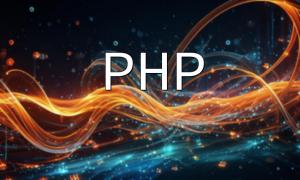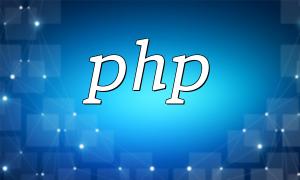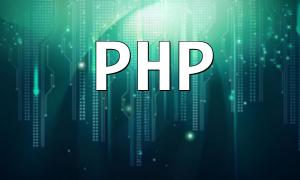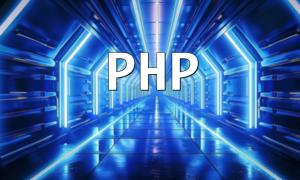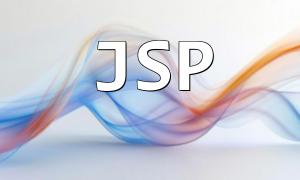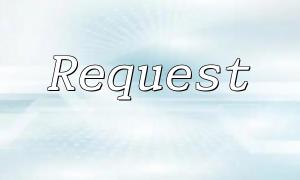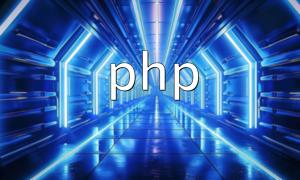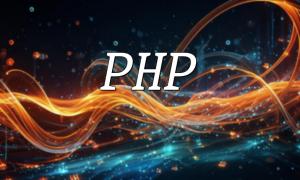In the highly competitive world of e-commerce, security and stability are essential for earning user trust and maintaining business continuity. PHP frameworks play a vital role in achieving these goals by providing robust security mechanisms and a stable development foundation.
PHP frameworks incorporate multiple layers of protection to defend e-commerce platforms against various threats:
Laravel, one of the most popular PHP frameworks, is known for its advanced security features:
// Input validation example
$rules = [
'name' => 'required',
'email' => 'required|email',
'password' => 'required|min:6',
];
// File upload security check
$file = $request->file('avatar');
if ($file->isValid()) {
if ($file->getClientOriginalExtension() == 'jpg' || $file->getClientOriginalExtension() == 'png') {
$file->store('public/avatars');
}
}Website stability directly impacts user experience and conversion rates. PHP frameworks provide multiple features that ensure consistent performance even under heavy traffic:
Symfony is recognized for its modular and reliable architecture, which enhances scalability and long-term stability:
// Exception handling example
try {
// Code block
} catch (\Exception $e) {
// Exception handling logic
}
// Cache configuration example
$cacheProvider = new CacheProvider();
$cacheProvider->setConfig([
'default_lifetime' => 60, // Cache lifetime (seconds)
]);Overall, PHP frameworks not only offer powerful security protections but also enhance stability through caching, exception management, and performance monitoring. Whether using Laravel or Symfony, developers can create secure, reliable, and high-performing e-commerce platforms with greater efficiency.
